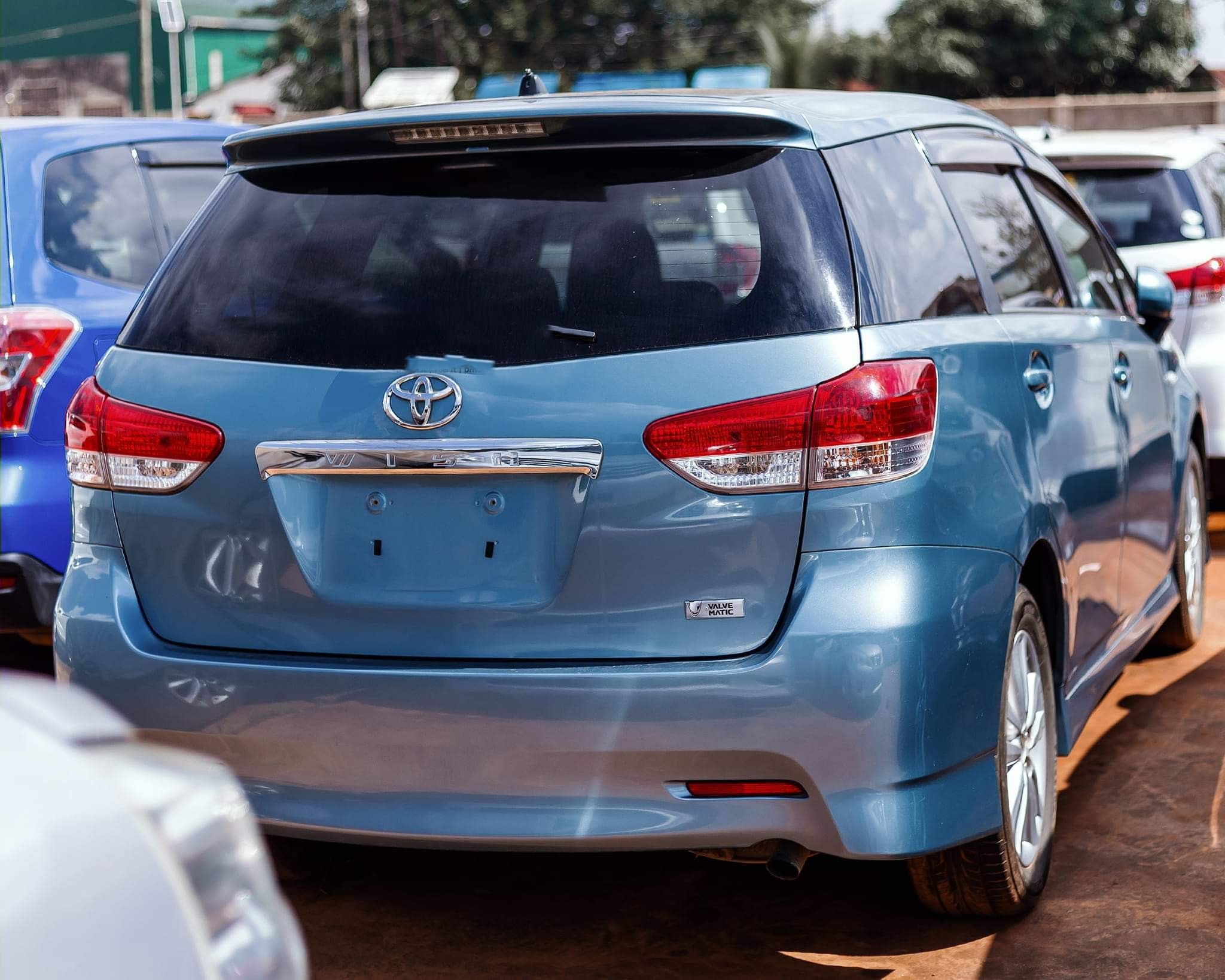
Buying a car is one of the biggest financial decisions most people make, second only to buying a home. A car is not just about mobility—it’s about safety, comfort, and long-term value. While many vehicles are engineered to last, others are notorious for problems that cost owners thousands of dollars in repairs, reduce resale value, or compromise safety. Understanding which cars to avoid—and why—is crucial before you sign on the dotted line.
In this guide, we highlight cars you should think twice about purchasing, backed by real-world reliability data, expert reviews, and owner experiences. These are vehicles known for poor reliability, excessive maintenance costs, safety concerns, or outdated features that make them a risky buy.
1. Cars with Chronic Reliability Issues
Some cars simply don’t age well. Models plagued by repeated recalls, frequent mechanical breakdowns, and poor reliability ratings are red flags for buyers.
- Why Avoid Them: Reliability problems mean more trips to the mechanic, costly repairs, and frustration.
- Examples: Certain years of Chrysler Sebring, Dodge Journey, and Fiat 500 are notorious for electrical and transmission issues.
2. Cars with Poor Resale Value
Depreciation is one of the hidden costs of owning a car. While all cars lose value over time, some lose it much faster than others.
- Why Avoid Them: A car that rapidly depreciates is a poor investment—you’ll lose money the moment you drive off the lot.
- Examples: Luxury sedans like the Maserati Ghibli and Jaguar XF often lose up to half their value within just three years.
3. Cars with Expensive Maintenance and Repairs
Luxury cars often come with sky-high repair costs, but even some mainstream vehicles carry notoriously expensive upkeep.
- Why Avoid Them: A lower purchase price can be misleading if the car requires specialized parts, frequent servicing, or premium-only fuel.
- Examples: BMW 7 Series, Audi A8, and Land Rover Range Rover are known for costly upkeep that can exceed their initial value in just a few years.
4. Cars with Safety Concerns
No car should put you at risk on the road, but some models consistently perform poorly in crash tests or lack critical safety features.
- Why Avoid Them: Safety isn’t something to compromise on—these cars could endanger you and your passengers.
- Examples: Older models of the Mitsubishi Mirage, Ford Fiesta, and Nissan Versa scored poorly in IIHS crash tests and lack advanced safety tech.
5. Cars with Outdated Technology
Technology moves fast, and buying a car with outdated infotainment, poor fuel economy, or no advanced driver assistance can quickly feel like a regret.
- Why Avoid Them: You’ll end up with a car that feels behind the times, is less fuel-efficient, and may lack resale appeal.
- Examples: Cars like the Jeep Patriot and Chevrolet Spark were discontinued in part due to outdated tech and below-average efficiency.
6. Cars with High Fuel Consumption
With rising fuel prices, cars that guzzle gas without offering performance or utility don’t make financial sense.
- Why Avoid Them: High fuel bills add up quickly, especially if the car lacks hybrid or fuel-efficient alternatives.
- Examples: Hummer H2, Dodge Durango (older V8 models), and certain years of Ford Expedition are infamous gas guzzlers.
7. Cars Discontinued for a Reason
Automakers discontinue models for various reasons, often because of poor sales, safety issues, or lack of consumer demand. Buying these cars means limited parts availability and lower resale value.
- Why Avoid Them: Parts may become scarce, service options limited, and resale almost impossible.
- Examples: Pontiac Aztek, Dodge Dart, and Chevy Cruze suffered from poor market performance and are best avoided.
8. Cars with Transmission Nightmares
Transmission issues are among the most expensive car problems. Certain models have a history of failure, leaving owners with repair bills in the thousands.
- Why Avoid Them: A failing transmission often costs more to replace than the car is worth.
- Examples: Ford Focus (2012–2016 models with the PowerShift transmission), Nissan Altima (CVT problems), and Jeep Cherokee (2014–2015 models).
Final Thoughts
While no car is perfect, some models carry too much baggage to recommend. Whether it’s poor reliability, excessive maintenance costs, safety concerns, or rapid depreciation, the cars mentioned above represent investments that could quickly turn into financial burdens. Before buying, always research Car model years, check reliability ratings from sources like Consumer Reports and J.D. Power, and look for owner reviews to get a clear picture of what you’re getting into.



